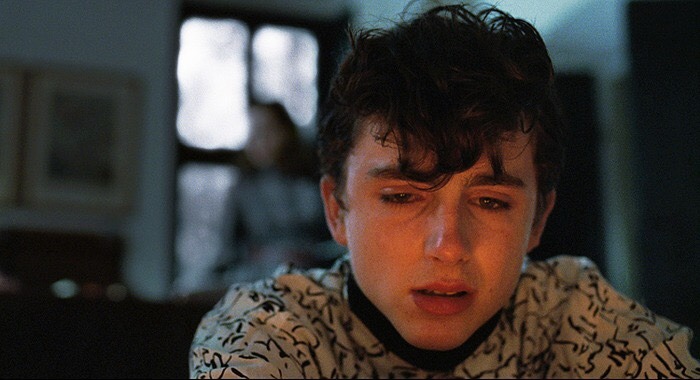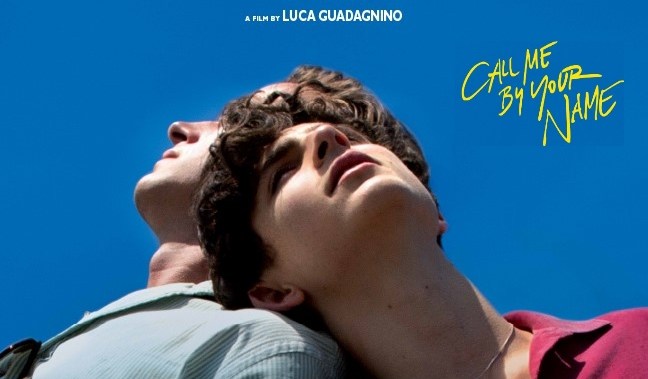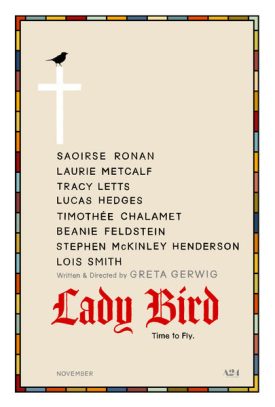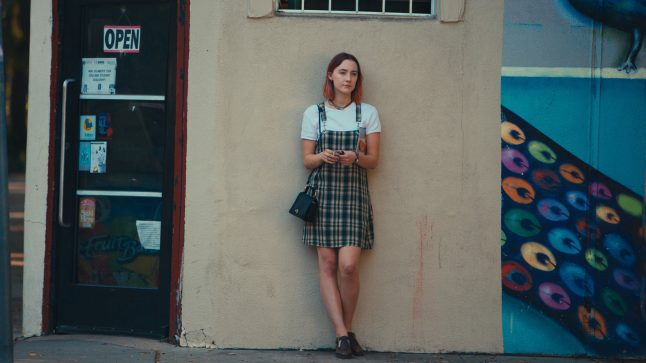Set in 1983 “somewhere in Northern Italy”, Call Me By Your Name tells a tale of first love between two men and a subsequent coming of age. Elio, played by Timothee Chalamet, is a bookish music prodigy, and at the ripe age of seventeen, he meets the new live-in grad student who will reside in their home as his father’s academic assistant for six weeks during the summer. His name is Oliver, respectively portrayed by the handsome Armie Hammer, who becomes the figure of distant longing for Elio while he discovers different parts of himself and of life that cannot be read in a book.
Without boring the viewer, Call Me By Your Name starts off slow. As a director, Luca Guadagnino does this by gently motioning the viewer into Elio’s introspective world. For the first half of the film, there are drawn out sequences of him transcribing music, bike riding through the villa, and eating breakfast with his adoring parents, chatting seamlessly in English, Italian and French.

These sequences are complemented with wide shots of the dream-like Italian landscape that become a definitive character in of themselves throughout the film. The calm that is drawn out from film’s slowness dramatically contrasts with the majority of modern cinema gives the viewers what they want right away. The slow start is also something incredibly reflective of the love story that plays out on screen.

Elio is enamoured by the twenty-four year old Oliver, who can be seen as everything Elio isn’t. Oliver jumps off his bike with easy grace, he drinks juice in fervid gulps, he shimmies solo on dance floors – he’s confidence without pretension. It’s Oliver’s obvious self-acceptance that Elio both envies and desires. Elio is pictured quiet and withdrawn, shifting in his body as he slouches and shuffles restlessly. His admiration for Oliver is first seen only through wistful glances and boyish flirting that implies more by what is unsaid. Timothee Chalamet, an actor I’m sure we’ll all see more of in due time, captures the character of Elio perfectly by saying more with a look than he does with his words.
Although, the most refreshing aspect of Call Me By Your Name is its lack of an antagonist commonly seen in queer films. The only antagonism is Elio and Oliver’s hesitancy. It is at a fateful moment by a war memorial, breaking through his layers of apprehension, that Elio decides to indirectly tell Oliver how he feels. It’s the moment when an unrequited love becomes requited and his true self unfolds.

When viewing Call Me By Your Name at the Bytowne cinema downtown, I was enchanted at how real this film felt. The screen became the eyes of a resident of Elio’s home. And the story isn’t just told visually, but also audibly. The actors speak over cars that drive by and Church bells that ring – birds chirp, flies buzz and doors slam. While the two men fall in love, we are all effectively transported into their world and it makes us feel like we’re there.
I think this film is important because it asks powerful questions with subtlety. Is it better to speak or to die? Is better to feel nothing so as not to feel anything? It challenges people who may have originally been skeptical or embarrassed by intimacy between two men but proves that love is love is love. Elio’s father delivers an incredibly powerful speech that encourages his son to love and feel fully without fear of the pain that comes with it. Though I have never fallen in love, after seeing this film I hope welcome such intimacy with another human being, even if there is a chance it will end.
 The film ends with both young men still in love, and with heartbreak. Elio explored his own sexuality, with men and women, and a once bookish teenager becomes a young man who participates in his own life. With this, the characters leave the summer unpunished. Call Me By Your Name will stay with me for a very long time. My advice before watching: be patient with it and let the story sink in. There weren’t many dry eyes when I left the theatre, but in the end, to avoid something that makes you feel – “what a waste!”
The film ends with both young men still in love, and with heartbreak. Elio explored his own sexuality, with men and women, and a once bookish teenager becomes a young man who participates in his own life. With this, the characters leave the summer unpunished. Call Me By Your Name will stay with me for a very long time. My advice before watching: be patient with it and let the story sink in. There weren’t many dry eyes when I left the theatre, but in the end, to avoid something that makes you feel – “what a waste!”




 Director Greta Gerwig and Joan Didion, I would later find out are both from Sacramento. As with Christine McPherson, but as she so often corrects people, is Lady Bird – a name “given to me by me”, she explains. And that sets the premise for the story: a girl who demands a different flavour of life from the one the one that was given to her.
Director Greta Gerwig and Joan Didion, I would later find out are both from Sacramento. As with Christine McPherson, but as she so often corrects people, is Lady Bird – a name “given to me by me”, she explains. And that sets the premise for the story: a girl who demands a different flavour of life from the one the one that was given to her. Out of every shining detail, the most engaging part has to the be the central focus of the film; the relationship between Lady Bird and her Mother (played by Laurie Metcalfe). Because, while I had mentioned that she can, at times, be the antagonist, she is also the other half of Lady Bird’s tumultuous love story.
Out of every shining detail, the most engaging part has to the be the central focus of the film; the relationship between Lady Bird and her Mother (played by Laurie Metcalfe). Because, while I had mentioned that she can, at times, be the antagonist, she is also the other half of Lady Bird’s tumultuous love story.